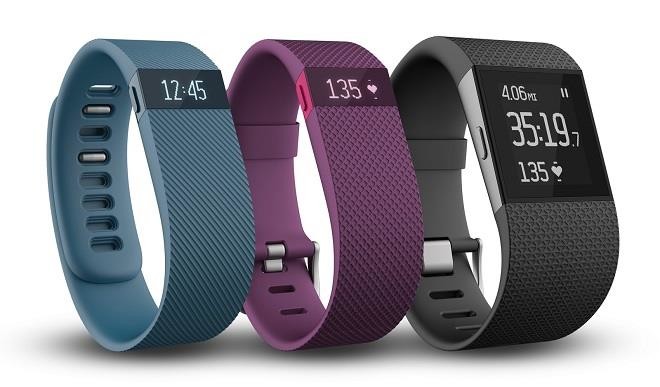Tracking your health fitness with Fitbit
As they say, health is wealth. For me, I’ll say health is everything, since without it, nothing else seems to matter. To really appreciate the value of good health, pay a visit to a local hospital, and you’ll see the physical and emotional challenges that some people face on a daily basis. It isn’t fun, […]


As they say, health is wealth. For me, I’ll say health is everything, since without it, nothing else seems to matter. To really appreciate the value of good health, pay a visit to a local hospital, and you’ll see the physical and emotional challenges that some people face on a daily basis. It isn’t fun, trust me. Worse still, beyond some point, money doesn’t even help!
As far as good health is concerned, three things come to mind: adequate sleep, good body weight, and exercise. My mom – of blessed memory – gave me quite a few pieces of advice during her lifetime. However, one curious one is her advice that I get adequate sleep. She was not medical personnel, and her level of formal education was modest. So, up till this moment, I am still puzzled by the motivation for her advice on adequate sleep. Unfortunately for me, I did not take her seriously; so I never bothered to ask her for the basis of the advice on adequate sleep. I am blessed with good body stature and weight and I watch what I eat. Also, I have been running (outdoors) a few miles five days a week since 1988, as a way of exercising. However, I never concerned myself with the need to have adequate sleep, despite the lifetime advice from mom.
It took more than a decade after my mom passed on in 2002 for me to discover ab initio the value of adequate sleep as a prerequisite for good health. That is, even though my health is excellent – people say I look 15 years younger than my age – I notice that when I don’t have adequate sleep (seven hours a night), I do not function well. Some of the symptoms I experience include mental fuzziness; tiredness, poor coordination, inability to concentrate, feebleness, poor vision, and a host of other problems. My point here is that you need to pay attention to your health right from this moment, if you have not already started to do so. That is, have adequate sleep, maintain a healthy body weight, and exercise. Of course, you will not smoke, and alcohol consumption should be strictly controlled.
Maintaining good health is not a walk in the park. It requires a lot of discipline. While having adequate sleep is relatively easy to do, eating right and exercising can be very difficult. However, we can take advantage of the fact that “what you track expands.” Thus, if you consistently track your weight loss, you will tend to lose more weight and keep it off. Likewise, if you consistently track a metric for measuring the amount of exercising you do, you will tend to exercise more. This is where the devices for health (activity) tracking come in.
These gadgets are wireless-enabled wearable technology devices that measure fitness-related data. There are quite a few of these out there, but Fitbit, developed by a US company of the same name, is by far the most popular. Basically you wear these gadgets as you do a watch, to instantaneously obtain tons of information about your health. These gadgets work, because what you track expands, as explained above. With these gadgets, you can monitor the extent of various activities that you are engaged in, including running, hiking, weight lifting, elliptical, Spinning, yoga, stair climbing, circuit training, boot camp, Pilates, kick boxing, tennis, martial arts, golf, and walking. For running, you can specify free run, treadmill run, and lap run. Of course, you can track your sleep.
For example, Fitbit Charge 2, a Fitbit tracker version released a few months ago, can record your daily step count, stairs climbed, calories burned, distance traveled, heart rate, and sleep patterns. The gadget is able to show notifications from your smartphone – to which it is synched, such as incoming phone calls and calendar alerts. The gadget uses GPS to track your outdoor activity. The Cardio Fitness Score in Fitbit Charge 2 combines hardware and software features. Here, your resting heart rate, exercise data, and your profile information are used to assign a “heart-health” score, which can be classified given your age and gender.
As pointed out by TheVerge.com on 28 September 2016, “Fitbit still doesn’t share its data with Google Fit or Apple Health, which not only act as repositories for health data but also share the data with other apps. Instead, Fitbit has direct data-sharing partnerships with a bunch of health and fitness apps, including Strava, RunKeeper, MapMyRun, MyFitnessPal, Weight Watchers, Lost It!, even Amazon’s Alexa app.”
A few problems have been reported with Fitbit, including distances (associated with walking or running) that are inaccurate, suboptimal battery life, customized chargers, and some glitches with the touch screen. Obviously, these problems are not sufficient to prevent you from taking care of your health via Fitbit or suitable alternatives. You can buy a Fitbit tracker with a few hundred dollars.
